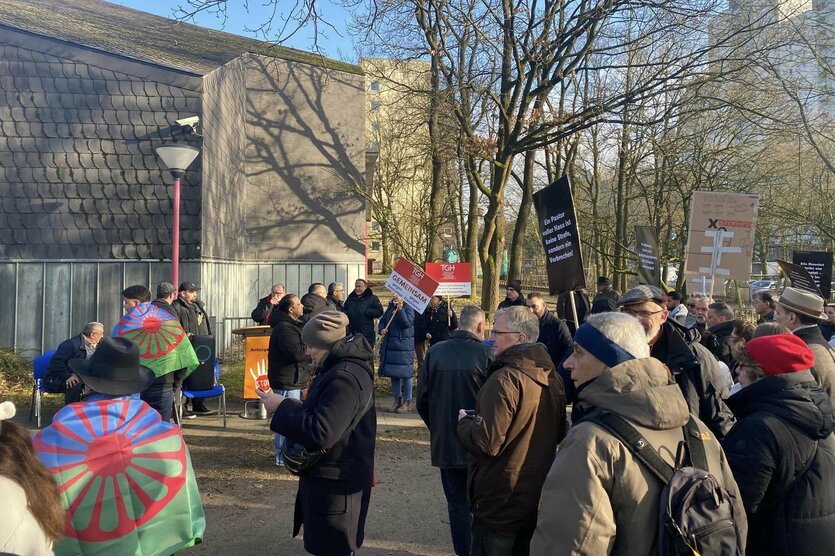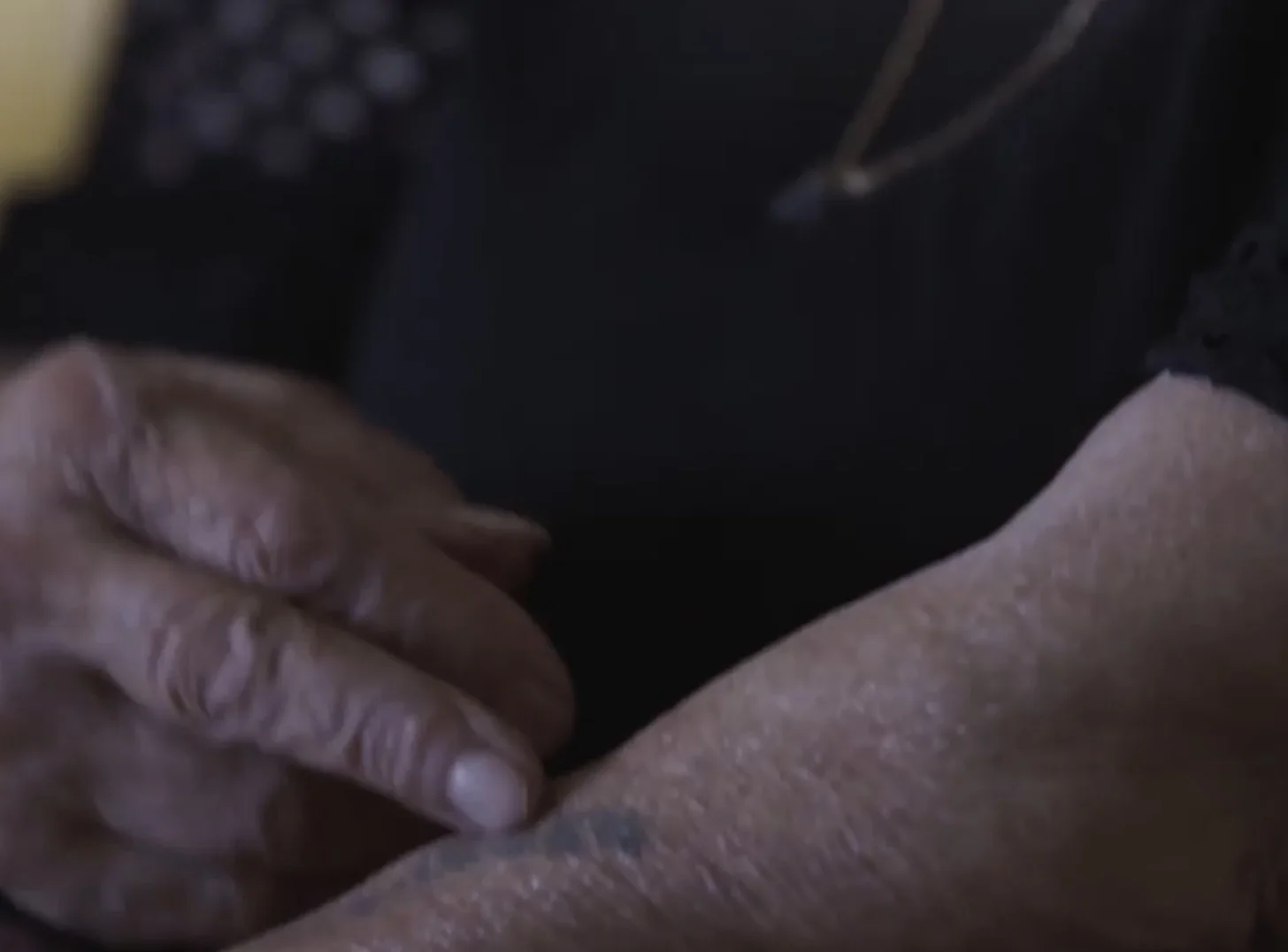Mirwald (2014) reports on the work of Petra Rosenberg, chairman of the national association of German Sinti and Roma in Berlin-Brandenburg, as an expert on thematic days in German schools. Rosenberg continues the work of her father, Otto Rosenberg, which campaigned until his death for the equality of the Rroma and informed about the history of the minority: “the 62-year-old graduate teacher described the terrible experiences that her father documented in the book “The burning glass”. The young audience, who in the classroom is currently learning about the Third Reich, learned that Otto Rosenberg, who was one of the founding fathers of the civil rights movement of the Sinti and Roma in Germany, was able to write down his memories only in old age. Her father was a broken man, who was never able to work again. He woke up at night, cried and asked why he had survived as the only one of eleven siblings. “As a child I didn’t know anything. I only felt the grief, took his hand and cried with him”, Petra Rosenberg described scenes from her childhood. […] It was shocking to hear that doctors and scientists that had questioned and examined Otto Rosenberg in 1936 as race researchers in the camp Berlin-Malzahn, were able to practice after the war in Frankfurt am Main, and that the policeman who sent Otto Rosenberg to Auschwitz, later worked in Ludwigsburg as a detective in a high position.” Even after the war ended, discrimination against Rroma therefore continued, and it took the collective protest of many Holocaust survivors and their descendants, so that the injustices were finally officially recognized. Unfortunately, the prejudices about the minority continue until today, as the debate on the so-called “poverty immigrants” reveals.
- Mirwald, Walter (2014) Ergreifendes Schicksal. In: Höchster Kreisblatt online vom 27.9.2014. http://www.kreisblatt.de/lokales/main-taunus-kreis/Ergreifendes-Schicksal;art676,1053228,1







